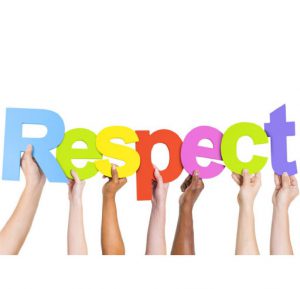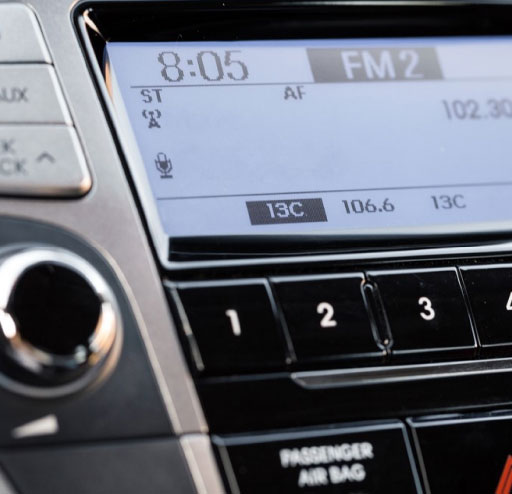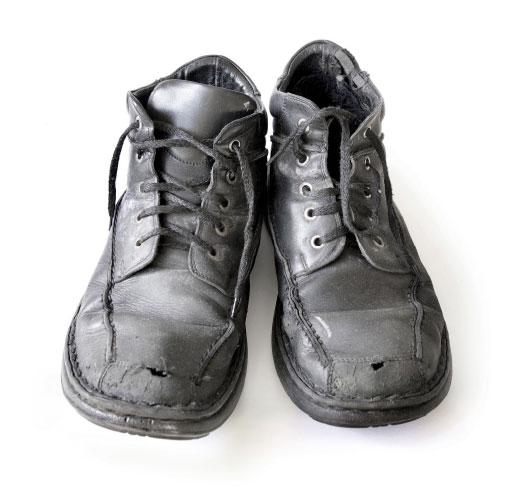Download a printable copy of this article (PDF 284KB)

- Respect is big and largely indefinable.
- Many smaller behaviours sit beneath the respect label.
- There is a problem with respect in Australian schools.
- Embed and model the small respectful behaviours.
- Don’t fall into the trap of commanding respect.
Any story worth its salt has a moral or a meaning. The artistry of the author is in bringing us to this big, often hidden, message without us realising the nature of the narrative’s destination. Even the simplest stories have a message. The Three Little Pigs teaches us about planning before execution and the Coyote from the Road Runner series emphasises resilience and persistence. My fictional favourite character with a message was a rather obscure cartoon shark named Jabberjaw.
Jabberjaw wasn’t the most popular cartoon amongst my discerning Saturday morning cartoon watching friends but to me he was fantastic. To be honest, I’m not 100% sure of how Jabberjaw earned such high esteem with me. Perhaps it was his enormous bumbling awkwardness (something I could more than relate to) or maybe it was his infectious “nyuk nyuk nyuk” laugh that I couldn’t quite replicate. Either way, there was a line that Jabberjaw used in every episode that I couldn’t get enough of. Whenever Jabberjaw was questioned, defied or made to look silly he would eye the camera and give a defeated “I don’t get no respect”. Watch this video clip for a brief venture back to those Jabberjaw Saturday mornings.
A few decades later teachers across the world use this expression despondently, but with great regularity.
As I travel to schools across Australia, I often ask teachers if they feel that there is a problem with respect in our schools. Almost unanimously the answer is yes. Whether it manifests as defiance, a distinct lack of empathy, lying, avoiding responsibility, swearing or even threats and aggression, according to teachers lack of respect has reached epidemic proportions in our schools.
It is also true that schools are not the root of this problem. As an illustration, pervasive media messaging may create and reinforce messages that do little to build respect.
“I firmly believe that respect is a lot more important, and a lot greater, thanpopularity.”
– Julius Irving
How can teachers restore respect in schools, and ensure healthy relationships within school communities?
First there is a need for clarity about what respect really is and how we experience it. What many respected teachers and parents/carers do to build and sustain respectful relationships has been explored deeply within Restorative Practice research. The research produced a list comprising:
| Listen Open Make Time Set Clear Boundaries Believe in them Create a learning environment Share your story Consistent Predictable |
Empathise Respectful Firm & Fair Non-judgemental Humour & fun Be real Loving Explain your actions |
Honest/Integrity Show Interest Encouraging Acceptance Affirming Apologise – be vulnerable Compassionate Realistic |
Next there needs to be a focus on explicitly weaving these behaviours into practice. Even when carried out informally, teaching these behaviours intentionally and with focus fosters the most successful respectful learning environments.It is worth noting that the word command does not appear in the list. It seems that commanding respect might work in competitive systems such as armies or sporting teams but demanding respect through assumed power does not work in a collaborative system like a school.
It stands to reason that running a hard line about respect and pushing ever harder to extract respect from our students against their will is as counter-productive as it sounds. The answer to achieving greater respect in our schools is to demonstrate it, model it and embed it as a cultural norm. Of course, there are students who will test our resolve and make it incredibly difficult to stay focused on modeling respect.
We have to be more determined about giving respect before we get it. It’s not Jabberjaw’s way, but I much prefer the potential of success to the status quo.
References
Referenced Jabberjaw YouTube link.
Bibliography: YouTube. (2019). Jabberjaw 1976 ABC Cartoon Intro. [online]
Available at: https://www.youtube.com/watch?v=EBrHf0I4IgY










